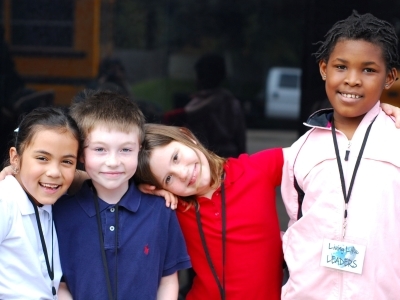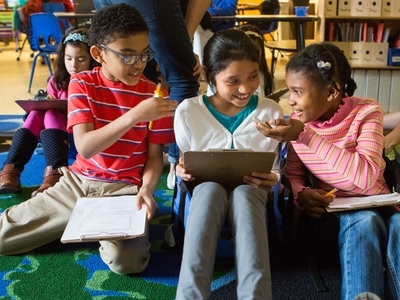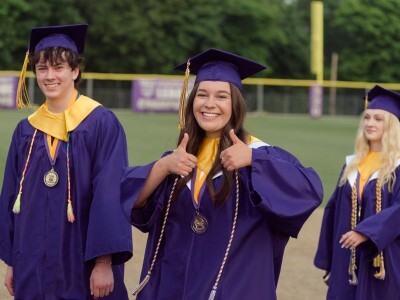21st Century Learning and the Educational Rights of Students
Topics
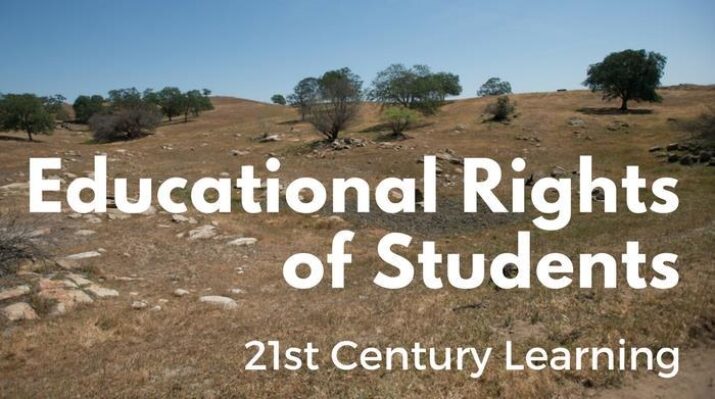
Today’s learners face a rapidly changing world that demands far different skills than were needed in the past. We also know much more about how student learning actually happens and what supports high-quality learning experiences. Our collective future depends on how well young people prepare for the challenges and opportunities of 21st-century life.
This post originally appeared on Changing Is Learning on September 13, 2015.
My educational pedagogy has always been based on the constant attempt to look at every educational experience through a student’s perspective. It could stem from my early background as a journalism/media professional or from my lifetime interest in advocacy. Naturally, I think far too often educators have not looked at things in terms of student impact or perspective when implementing lessons, activities, programs, or even pedagogy.
And now, at a time when the world of work and education are changing so dramatically, I am forced once again to ask what are we doing in our educational system designs that are considering student perspective, student interest, student voice, student choice, student impact, and more?
Essentially, are things as crucial as educational technology, web access, use of social media, real college and career opportunities, mentoring, job shadowing, and individual student interests things that can be considered optional or left to the whims of particular school boards, administrators, teachers, or other educational entities?
I will respond with a profound “NO.” Here’s why:
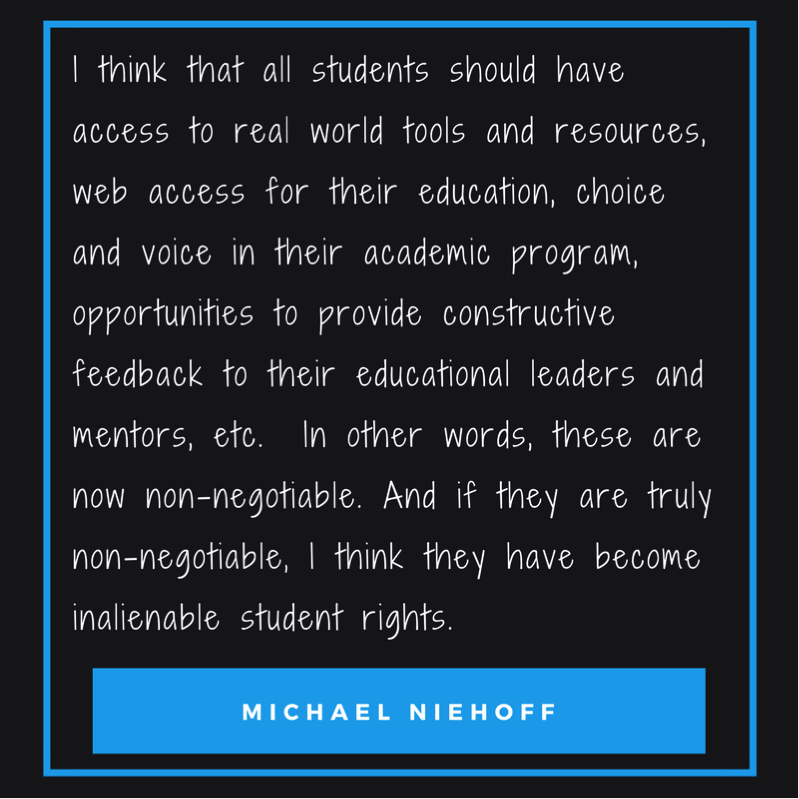
That is right. These are now student rights issues. If we believe that all students have the right to a free K-12 public education, what does that mean and look like? Again, school boards, administrators, leaders, teachers, and others should not be able to opt out of things that can easily be identified as educational rights.
No one would argue against all students having access to things like transportation, seats, or co-curricular programs. Then why is it acceptable for a student at one school to be using 21st century tools while another student down the road (literally, in most cases) is using outdated resources from a 20th century model? It’s not acceptable. It’s an equity and equal rights issue and therefore non-negotiable.
Naturally, part of the challenge is having all stakeholders agree what is essential, what are inherent educational rights, and what is pedagogy vs. what is mandatory.
But could we not look at the world of work and agree that certain tools, resources, and technologies are not optional there? Do we see companies and/or government agencies option out of technology, social media, the Internet and more?
One would be hard pressed to find that somewhere. So, we can look outside schools and see what are the essentials necessary to be a working, functional, and literate member of our society.
If we look at the Internet, technology, and social media as literacy foundations—which I think we can easily demonstrate that they are—do they again not become essential rights for all?
I was very fortunate to help create a 21st century high school that opened up with, among other things, a Student Bill of Rights. (See my previous post where I discuss the Student Bill of Rights at Minarets High School: How Can Today’s Classrooms and Schools Become Inclusive Learning Environments?) And in addition to one-to-one student laptops and more, we added foundational elements such as quarterly student surveys by teachers about how to improve students’ educational experiences.
It seems that if we truly want to transform education for all students that we will have to approach the challenge from a student educational rights platform.
I would love to think that all school boards, administrators, teachers, educators, politicians, and community leaders would get on the same bus and do what’s right for kids. But sadly, that probably won’t work.
We’re going to have to mandate what’s right and be able to guarantee that every student in America has access to a 21st century education.


